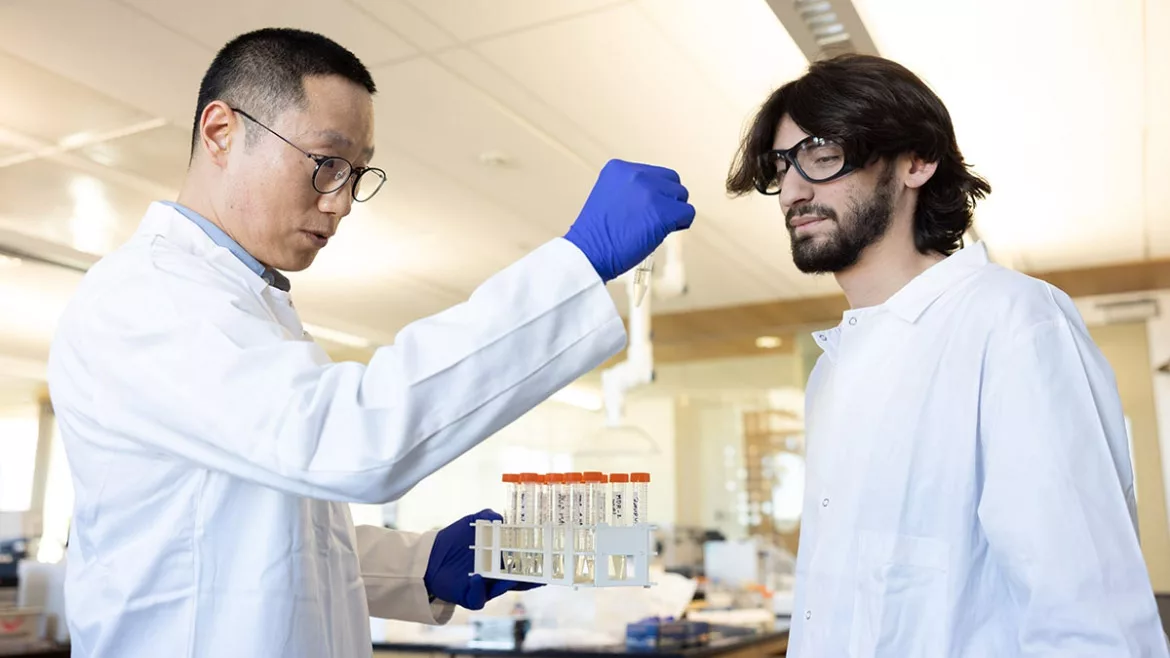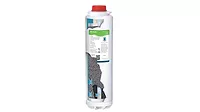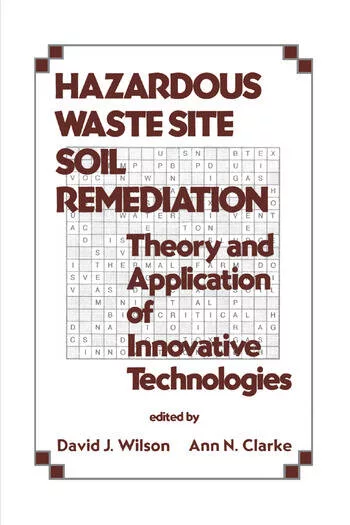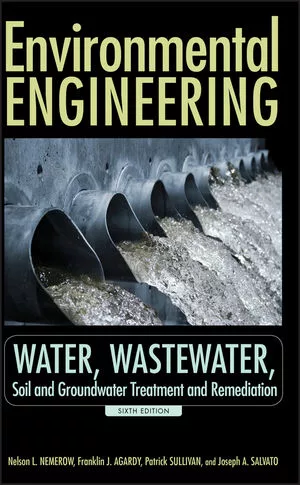Turning Childhood Inspiration Into Innovative Water Solutions with LMU’s Professor Jin Yong Choi
LMU’s Jin Yong Choi pioneers eco-friendly water solutions and real-world student research.

Choi is interested in resource recovery through the water treatment process. (Courtesy of LMU)
For Professor Jin Yong Choi, the drive to develop sustainable water treatments and environmental remediation technologies is deeply personal. Growing up in Korea, Choi remembered the stark contrast between the pristine creeks in the mountains and the polluted rivers near industrial sites. “My father is a material engineer and my inspiration for becoming an environmental engineer,” Choi recalled. “He started teaching me at a young age about the importance of sustainability and caring for the environment.”
Now an assistant professor of civil and environmental engineering at Loyola Marymount University, Choi channels those early lessons into groundbreaking research. His work centers on water as a vital resource—developing sustainable water treatment and desalination methods for agriculture, as well as environmental remediation technologies with real-world applications.
“My ultimate goal is to contribute to society, underserved communities, and the nation’s clean energy objectives by addressing water stress and energy transition challenges under global climate change,” Choi said.
Choi’s innovative projects didn’t just stop at clean water. He pioneered ways to recover valuable resources—like heavy metals and critical minerals—from wastewater. These elements, including lithium, cobalt, and rare earths, are essential for the batteries, solar cells, and wind turbines that power the transition to renewable energy. “Treating wastewater can turn a liability into a valuable resource,” Choi explained.
One of Choi’s most creative ventures involved using bacteria—the same kind used to make kombucha—to grow living membranes for water and air filtration. He hoped these naturally grown membranes could someday compete with petroleum-based synthetic versions currently used in water treatment. “There’s a lot of potential for students to get involved in this research," he said. LMU students will soon have the chance to experiment with growing membranes, characterizing their properties, and testing their performance.
Beyond the lab, Choi brought hands-on learning to the classroom, teaching courses like Introduction to Sustainability and Environmental Engineering, and Water Treatment Processes. His experience spanned academia and industry, having managed water treatment systems for UCLA’s Institute of the Environment and Sustainability and deploying desalination systems in California’s agricultural heartland.
Choi held a Ph.D. and master’s degree from the University of Texas at Austin, along with a bachelor’s from Inha University in South Korea. But it was the lessons learned on childhood hikes—constructing water wheels from chopsticks and building sand-filtered basins with his father—that continued to shape his approach to science and sustainability.
As climate challenges grew and the demand for clean water rose, Choi’s work was not just scientifically innovative—it was rooted in a lifelong commitment to making a difference, one drop at a time.





